Browse in the Library:
| Artist or Composer / Score name | Cover | List of Contents |
|---|---|---|
| Aerosmith – I Dont Want To Miss A Thing | ||
| Aerosmith 1973-1979 – Guitar Play Along with MP3 audio Guitar Signature Licks with Tablature |
 |
Aerosmith 1973-1979 Signature Licks |
| Aerosmith Greatest Hits (Guitar) with Tablature |
 |
aerosmith greatist hist guitar |
| Aerosmith Nine Lives Original Songbook Guitar Tabs |
 |
|
| Aesthetics Of Music Musicological Perspectives by Stephen Downes(Book) |
 |
|
| Affections touching across time (Inuyasha OST) Kaoru Wada | ||
| Afi – Love Like Winter | ||
| Afi – Miss Murder | ||
| AFI’s Top 25 Film Scores Songbook |
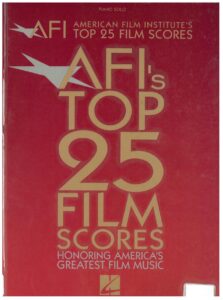 |
AFI’s Top 25 Film Scores Songbook |
| Africa – Toto.mscz | ||
| Africa And The Blues (Book) |
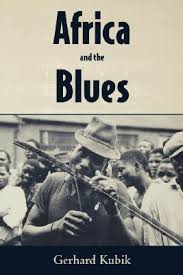 |
|
| Afro Cuban Keyboard Grooves by Manny Patiño and Jorge Moreno |
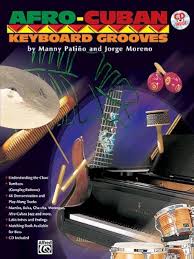 |
Afro Cuban Keyboard Grooves by Manny Patiño and Jorge Moreno |
| Afroman – Because I Got High | ||
| After Hours for PIANO DUET by Pam Wedgwood |
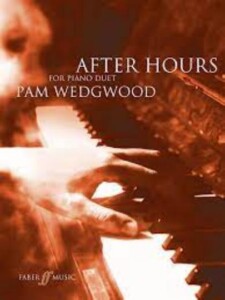 |
After Hours for PIANO DUET by Pam Wedgwood |
| After Hours For Solo Piano. Book 3 (Pam Wedgwood) |
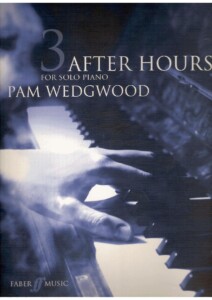 |
After Hours For Solo Piano. Book 3 (Pam Wedgwood) |
| After Hours for Trumpet and Piano by Pam Wedgwood |
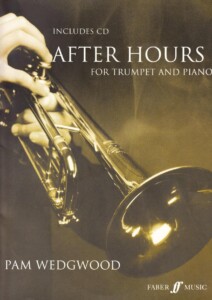 |
After Hours for Trumpet and Piano by Pam Wedgwood |
| After You’ve Gone Turner Layton And Henry Creamer 1918 Jazz Standard (Vintage sheet music) |
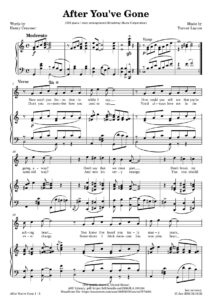 |
|
| Again, as before, alone (P. I. Tchaikovsky) | ||
| Age of Empires 2 – Main theme | Age of Empires 2 – Main theme | |
| Agnes Obel Chord Left |
 |
|
| Agnes Obel Fuel To Fire |
 |
|
| Agnes Obel Pass Them By |
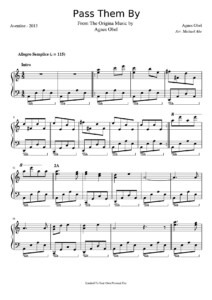 |
|
| Agnes Obel – Riverside Piano |
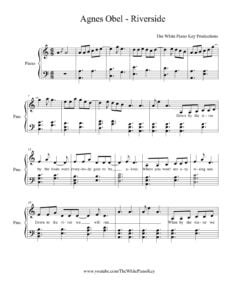 |
|
| Agnes Obel – September Song |
 |
|
| Agnes Obel – Tokka |
 |
|
| Agnes Obel Falling Catching |
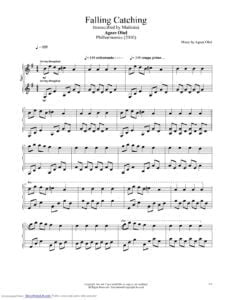 |
|
| Agnes Obel Falling, Catching |
 |
|
| Agnes Obel Familiar |
 |
|
| Agnes Obel Fuel To Fire |
 |
|
| Agnes Obel It’s Happening Again |
 |
|
| Agnes Obel Just So |
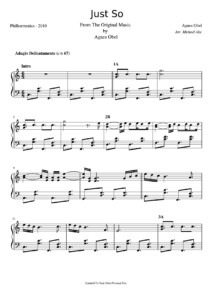 |
|
| Agnes Obel Mary |
 |
|
| Agnes Obel Riverside |
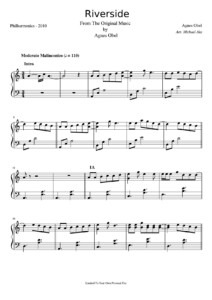 |
|
| Agnes Obel September Song |
 |
|
| Agnes Obel Smoke And Mirrors |
 |
|
| Agnes Obel The Curse |
 |
|
| Agnes Obel Tokka |
 |
|
| Agnes Obel Words Are Dead |
 |
|
| Aguas De Março Jazz Piano Score Jobim |
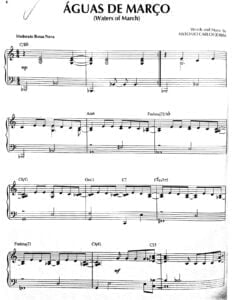 |
|
| Aha – Take On Me |
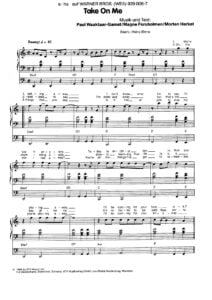 |
|
| Ahead On Our Way Ff Vii (Musescore File).mscz | ||
| Ahmad Jamal Poinciana Full score (Song of the Tree) | Ahmad Jamal Poinciana Full score (Song of the Tree) | |
| Ahmad Jamal The Ahmad Jamal Collection (Artist Transcriptions) |
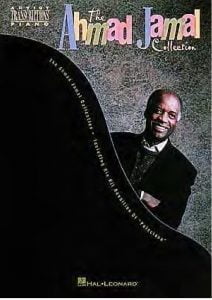 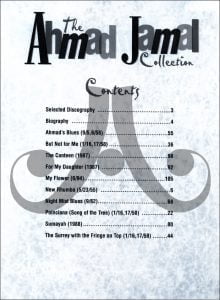 |
Ahmad Jamal The Ahmad Jamal Collection Artist Piano Transcriptions contents Ahmad’s Blues, But Not For Me, The Canteen, For My Daughter, My Flower, New Rhumba, Night Mist Blues, Poinciana (Song Of The Tree), Sumayah, The Surrey With The Fringe On Top |
| Ahmad Jamal Wave from the album The Awakening |
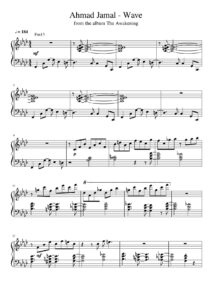 |
|
| Ai Mei – Rainie Yang | ||
| Aimee Mann – Wise Up | ||
| Ain’t Misbehavin’ Fats Waller As Played By Joe Pass (Musescore File).mscz | ||
| Ainsi soit je (Mylène Farmer) | ||
| Air on the G string, from BWV 1068 (10 string, Yepes tuning).mscz | ||
| Air Supply Greatest Hits |
 |
AIR SUPPLY GREATEST |
| Airegin by Soony Rollins – Jazz Play Along with sheet music |
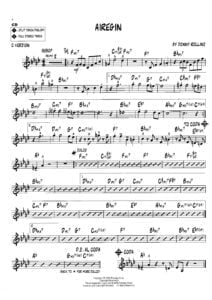 |
Airegin |
| Akira Ifukube – Sonata for Violin and Piano I – Allegro |
 |
|
| Akira Ifukube End Titles Godzilla Vs Destoroyah |
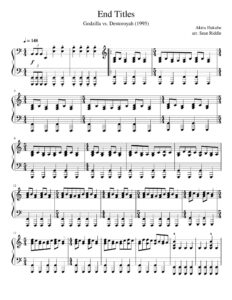 |
|
| Akira Ifukube Mesa March Godzilla |
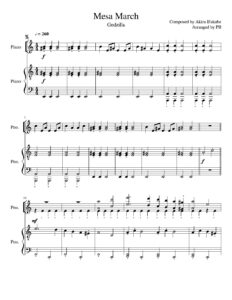 |
|
| Akira Yamaoka Silent Hill 2 Promise (Reprise) |
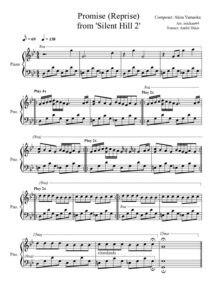 |
|
| Akira Yamaoka, Silent Hill Room Of Angel (Piano) | Akira Yamaoka, Silent Hill Room Of Angel (Piano) | |
| Aknin, Laurent Le Choix Du Coeur Easy Piano Solo (du film The Student and Mister Henri (L’Étudiante et Monsieur Henri) | Aknin-Laurent-Le-Choix-Du-Coeur-Easy-Piano-Solo | |
| Al Di Meola – Guitar Technique SongBook with Tablature |
 |
Al Di Meola – Guitar technique SongBook |
| Al Di Meola A Guide To Guitar Chords Scales And Arpeggios Master Classes With Bob Aslanian |
 |
Al Di Meola A Guide To Guitar Chords Scales And Arpeggios Master Classes With Bob Aslanian |
| Al Di Meola Collection |
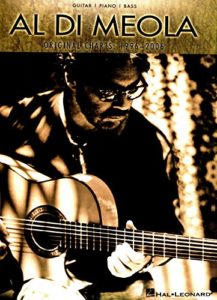 |
al di meola collection songbook |
| Al Di Meola Enigma Of Desire (Guitar) |
 |
|
| Al Di Meola Guitar School Elegant Gypsy Songbook with Tablature |
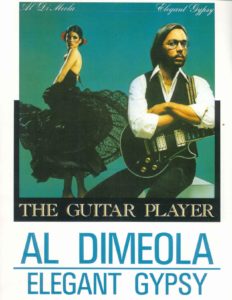 |
Al Di Meola Guitar School Elegant Gypsy Songbook |
| Al Di Meola Guitar Tabs Songbook Electric Rendezvous |
 |
Al Di Meola Guitar Tabs Songbook Electric Rendezvous |
| Al Di Meola Solace (Guitar) | Al Di Meola Solace (Guitar) | |
| Al Di Meola Solos (Guitar) with Tablature |
 |
al di meola solos |
| Al Di Meola Super Guitarist Guitar Tabs Songbook |
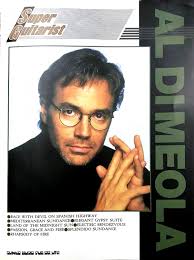 |
Al Di Meola Super Guitarist Guitar Tabs Songbook |
| Al Di Meola When Youre Gone | Al Di Meola When Youre Gone | |
| Al Green – Let´s Stay Together Melody And Guitar Chords |
 |
|
| Al Green Let’s Stay Together |
 |
|
| Al Jarreau – Breakin’ Away |
 |
|
| Al Jarreau Spain (I can recall) Piano Vocal Guitar Chords |
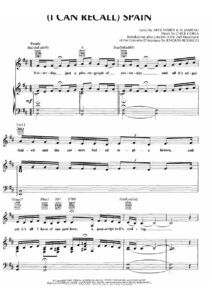 |
|
| Al Jarreau The Best Of Al Jarreau Piano Vocal Guitar chords |
 |
Al Jarreau The Best Of Book |
| Al Stewart – Time Passages |
 |
|
| Al Stewart – Year Of The Cat |
 |
|
| Al Stewart Greatest Songs Of Book |
 |
AL STEWART SONGBOOK |
| Aladdin – A Whole New World – Alan Menken | Aladdin – A Whole New World – Alan Menken | |
| Aladdin – Arabian Nights (Musescore File).mscz | ||
| Aladdin – Broadway Musical Songbook – Alan Menken |
 |
Aladdin – Broadway Musical Songbook – Alan Menken |
| Alain Barriere – Les Guinguettes |
 |
|
| Alain Barrière – Emporte Moi (Y Volveré) |
 |
|
| Alain Barriere – Tu T’en Vas |
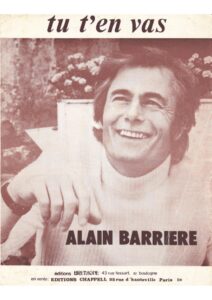 |
|
| Alain Chamfort Songbook Book |
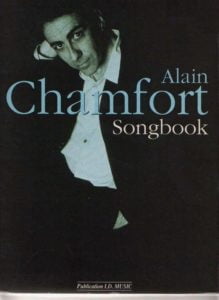 |
ALAIN CHAMFORT SONGBOOK |
| Alain Souchon Au Ras Des Paquerettes Piano Vocal Guitar TAB |
 |
Alain Souchon Au Ras Des Paquerettes Piano Vocal Guitar TAB |
| Alain Souchon Ecoutez d’où Ma Peine Vient Piano Vocal Guitar chords |
 |
Alain Souchon Ecoutez d’où Ma Peine Vient Piano Vocal Guitar chords |
| Alain Souchon les plus grands succès de (partitions, sheet music) Piano Vocal |
 |
Alain Souchon les plus grands succès de (partitions, sheet music) Piano Vocal |
| Alan Belkin – Una Guía Práctica de Composición Musical (Spanish) | Book Theory | |
| Alan Jackson – Between the Devil and Me |
 |
|
| Alan Jackson – Buicks to the Moon |
 |
|
| Alan Jackson – I’ll Go On Loving You |
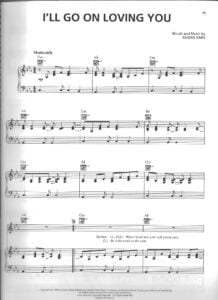 |
|
| Alan Jackson – It’s Five Oclock Somewhere |
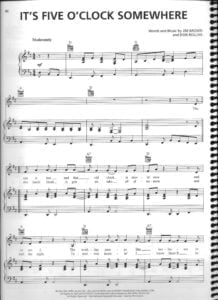 |
|
| Alan Jackson – Little Bitty |
 |
|
| Alan Jackson – Once In A Lifetime Love |
 |
|
| Alan Jackson – Remember When |
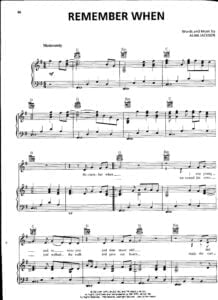 |
|
| Alan Jackson – That’d Be Alright |
 |
|
| Alan Jackson – There Goes |
 |
|
| Alan Jackson – Where I Come From |
 |
|
| Alan Jackson Remember When Piano Solo |
 |
|
| Alan Lomax – The Penguin Book Of American Folk Songs (GUITAR) |
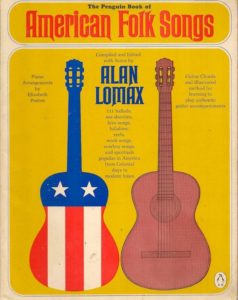 |
Alan Lomax – The Penguin Book Of American Folk Songs GUITAR) |
| Alan Menken – A Christmas Carol A Place Called Home |
 |
|
| Alan Menken – Beauty and the Beast (easy piano) Complete score arr. piano & guitar chords |
 |
Alan Menken – Beauty and the Beast (easy piano) |
| Alan Menken – Little Shop Of Horrors |
 |
Alan Menken – Little Shop Of Horrors |
| Alan Menken – Songbook |
 |
Alan Menken songbook sheet music |
| Alan Menken – Tangled (Disney) Rapunzel songbook |
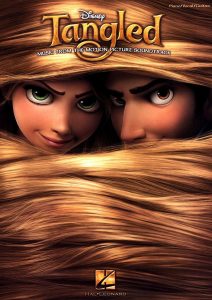 |
Tangled |
| Alan Menken A Christmas Carol (The Musical) |
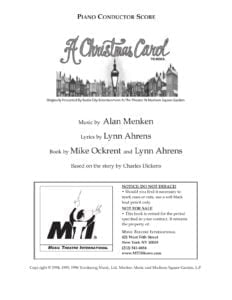 |
|
| Alan Menken Aladdin (songbook) |
 |
Alan Menken Aladdin |
| Alan Menken I see the light (Tangled-Disney) | Alan Menken I see the light (Tangled-Disney) | |
| Alan Menken My Christmas Tree from Home Alone 2 Lost In New York |
 |
|
| Alan Menken The Hunchback Of Notre Dame (Disney) |
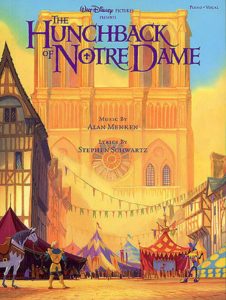 |
Alan Menken The Hunchback Of Notre Dame (Disney) |
| Alan Menken The Little Mermaid Piano Vocal Score (The Musical) | Alan Menken The Little Mermaid Piano Vocal Score (The Musical) | |
| Alan Parsons – Eye in the Sky |
 |
|
| Alan Parsons Project – Don’t Answer Me |
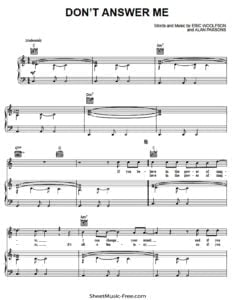 |
|
| Alan Parsons Project – Eye In The Sky |
 |
|
| Alan Parsons Project – Time |
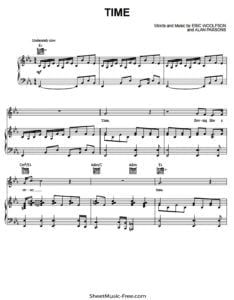 |
|
| Alan Parsons Project – Eve (Piano, Vocal, Guitar) Songbook |
 |
Alan Parsons Project – Eve (Piano, Vocal, Guitar) Songbook |
| Alan Parsons Project – Eye In the Sky (Piano, Vocal, Guitar Songbook) |
 |
Alan Parsons Project – Eye In the Sky (Piano, Vocal, Guitar Songbook) |
| Alan Parsons Project – I Robot (Piano, Vocal, Guitar) Songbook |
 |
Alan Parsons Project – I Robot (Piano, Vocal, Guitar) Songbook |
| Alan Parsons Project – The Essential |
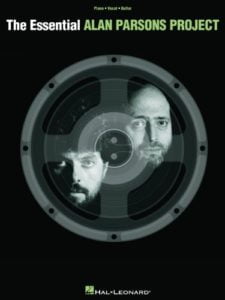 |
Alan Parsons Project |
| Alan Parsons Project Gaudí Piano Vocal Guitar chords |
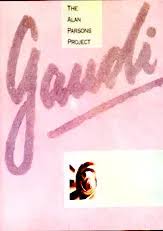 |
Alan Parsons Project Gaudí Piano Vocal Guitar chords |
| Alan Silvestri – Avengers Infinity War Medley – Piano Solo | Alan Silvestri – Avengers Infinity War Medley – Piano Solo | |
| Alan Silvestri – Contact Main Theme |
Jazz: Keith Jarrett – The Art of Improvisation. Exclusive Interviews with Keith Jarrett, Gary Peacock and Jack Dejohnette.
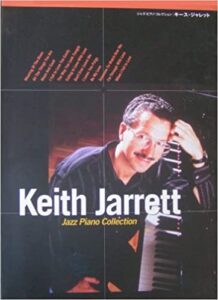
Keith Jarrett’s sheet music transcriptions are available from our Library.
Keith Jarrett: The Art of Improvisation
While he can often engender all manner of contention and argument, it’s unquestionable that Keith Jarrett is one of the most significant pianists to emerge in the second half of the 20th Century.
An artist who has done it all — performed his own sometimes lyrical, sometimes free-spirited compositions with two groundbreaking quartets in the ’70s; taken solo improvisation to a whole new level with a series of important recordings, including the classics Facing You and The Köln Concert.
Contributed a fresh spontaneity to the Great American Songbook with his Standards Trio; tackled the challenging classical repertoires of Bach, Mozart and Shostakovich and composed his own classical works; and played in landmark groups including Charles Lloyd in the ’60s and Miles Davis in the ’70s — Jarrett is also more than a little enigmatic.
Fastidious, perfectionist and, some might argue, highly controlled in his life, Jarrett paradoxically defines the concept of pure abandon in his playing.
With a life’s work that, classical repertoire aside, has always been about spontaneous creation, Jarrett is in an especially capable position to shed light on the true meaning of improvisation.
And so, British producer/director Mike Dibb, responsible for ’02’s The Miles Davis Story, has fashioned a new documentary which, while never explicitly defining what that elusive meaning is, nevertheless manages — after 85 minutes and a series of remarkably erudite interviews with Jarrett and those who have been close to him over the past 30 years — to create a vivid impression that is both inspirational to aspiring musicians and uniquely clarifying to others who want to understand the process of how musicians create something out of nothing.
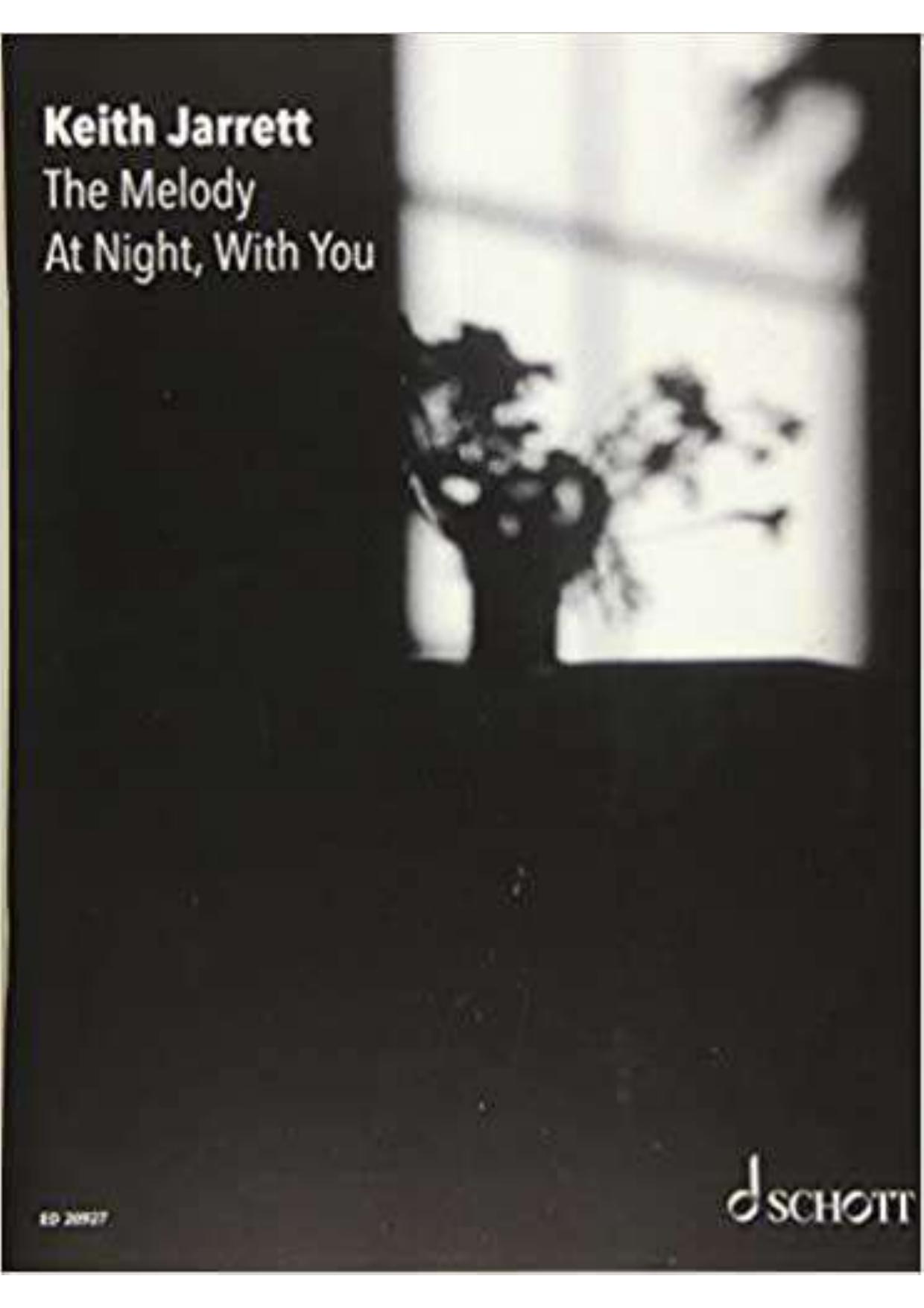
Rather than present a chronological examination of Jarrett’s life thus far, Dibb chooses, much like Jarrett’s own work, to use a seemingly non-linear approach that focuses on Jarrett’s improvisational process although, in the final analysis — just like Jarrett’s extemporization — there is an arc.
Beginning with the Standards Trio, then jumping back to his early days and ultimately ending with his European Quartet including saxophonist Jan Garbarek, bassist Palle Danielsson and drummer Jon Christensen, what becomes evident is that Jarrett’s goal has essentially been the same as when, precociously, he would add both his own original compositions and spontaneous creations to the classical repertoire of recitals dating back as early as when he was only eight years old.
Amongst the many interviews with past and present collaborators including Garbarek, Danielsson, Christensen, Charlie Haden, Gary Peacock, Jack DeJohnette, Chick Corea, Gary Burton and Dewey Redman, perhaps the most significant footage is that with ECM label owner and producer Manfred Eicher, with whom Jarrett found the perfect creative partner early in his career.
Keith Jarrett goes as far as saying that his albums are the product of two people — himself and Eicher — which is a significant distinction.
That Eicher has recorded far more Jarrett performances than have ever been or will ever be released in order to catch those moments of pure magic, those performances where Jarrett alone or with a group is truly at the moment, also demonstrates the high standard and level of discernment that both he and Jarrett apply to deciding what will ultimately be commercially distributed.
That Jarrett has, for 20 years, chosen only to document live performances, rather than record in the studio, is another distinction, one that points to a belief that the audience is, indeed, an integral part of each and every performance.
Jarrett comes across as deeply committed, albeit unquestionably idiosyncratic and unapologetically purist; while he admits to enjoying his time with Miles Davis — the only time in his career where he totally gave up acoustic piano for electric instruments — he also dismisses his electric work by calling such instruments “toys.
Few, if any, pianists other than Jarrett insist that a choice of pianos be provided for each performance, so that he can choose the best one for the concert hall. And the sheer physicality of his playing, along with his total and absolute involvement with the music to the exclusion of anything else, paints a unique picture — as does his level of communication.
Virtually all concert footage — including performances with Lloyd, Miles, the Standards Trio, and the American and European Quartets — demonstrates the incredible interaction that exists at every performance.
Jarrett has, in recent years, come under criticism with regard to the Standards Trio which, at over 20 years, is the longest-lasting group of his career — and, with rare exception, is one of the longest collaborations in the jazz period. Some say that the group has lost its creative edge.
But watching the footage of the trio, and listening to Jarrett, Peacock and DeJohnette discuss how little rehearsal takes place — in fact, rehearsals typically only occur in sound checks before concerts, and it’s not uncommon for the trio to work on something at a sound check and never actually play it in concert — one is truly drawn into the sense of adventure applied to every performance.
And the performance footage, in concert with the interview clips, manages to demonstrate the kinds of risks the trio take with each and every tune; how any one of the members can suggest a new direction with complete confidence that the others will follow.
By the time Dibb’s documentary reaches its end, one may not be able to explicitly define the art of improvisation, but there are profound conclusions implicitly reached. And the documentary compels one to either play some Jarrett recordings or, if Jarrett’s music is new to the viewer, to go out and find some.
The level of excitement and discovery is so vivid that even those who have become jaded with Jarrett in recent times may find themselves with renewed interest. While some bemoan Jarrett’s abandonment of writing, what becomes clear — and Jarrett articulates this at one point — is that every performance involves the act of composition. And that, perhaps more than anything, is the true meaning of improvisation.
